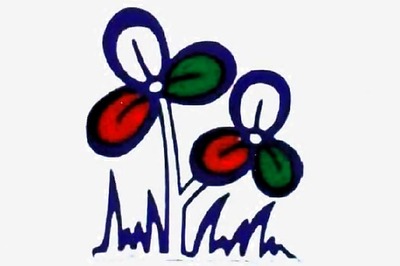
views
The 2019 Nobel Prize in Physiology or Medicine was awarded jointly to three scientists, William G Kaelin Jr, Sir Peter J Ratcliffe and Gregg L Semenza for their discoveries of "how cells sense and adapt to oxygen availability."
Among the five Nobel Prize categories, the Nobel Prize in Physiology or Medicine is awarded annually to scientists for their outstanding work in the field of life sciences and medicine.
The trio discovered how cells adapt when oxygen levels drop and the Academy said that these "elegant" findings could be used for treatment of anemia and even cancer. "The seminal discoveries by this year's Nobel laureates revealed the mechanism for one of life's most essential adaptive processes," the Nobel Assembly at Sweden's Karolinska Institute said in a statement on awarding the prize of 9 million Swedish crowns ($913,000).
But what does this mean? News18 explains
The Nobel committee noted that although the importance of oxygen for life has been understood by scientists for centuries, but how cells adapt to changes in the level of oxygen has remained unknown.
So, oxygen levels can vary in different parts of the body at different times, for instance, during exercise, or after a wound, or even a brisk walk.
When oxygen levels drop, the metabolism of individual cells changes and the ability to sense oxygen levels can trigger the production of new red blood cells, or the construction of blood vessels after a wound. The committee said that the three found "the molecular switch for how to adapt" when oxygen levels in the body vary, and that the most fundamental job for cells is to convert oxygen into food, and the cells and tissues constantly experience variations in the availability of oxygen.
When the amount of oxygen that is available to a cell drops, a protein complex called Hypoxia-inducible factors or HIF increases. This, in turn, increases the activity of a gene that is used in the production of a hormone erythropoietin (EPO) that increases the production of red blood cells.
Why is This Important?
Apart from describing a fundamental process that helps animals thrive in some of the most uninhabitable areas of the earth, this has also provided researchers with some key insights into possible treatment of diseases like cancer and anaemia.
"Oxygen sensing is central to a large number of diseases," it said. "Intense ongoing efforts in academic laboratories and pharmaceutical companies are now focused on developing drugs that can interfere with different disease states by either activating, or blocking, the oxygen-sensing machinery," the Nobel Assembly said.




















Comments
0 comment